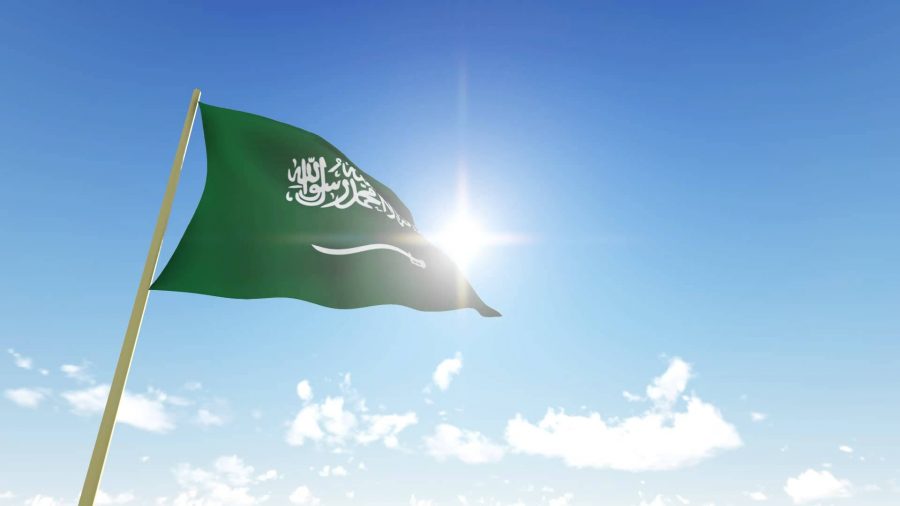By Travis Coltrain
President Trump’s revised travel ban has been made public, and it targets the same seven Muslim-majority countries. Out of these seven countries, zero have perpetrated a fatal attack on U.S. soil since the start of the 21st century. But it’s a terrorism ban, right?
Not exactly. Of the 19 terrorists involved in the attacks on 9/11, 15 were from Saudi Arabia, but none were from the countries on the travel ban.
While Trump’s ban is supposedly based on terrorism, it’s obvious it targets Muslim-majority countries. But doesn’t that break a law somewhere? Yes, it actually breaks an international law set by the United Nations in the 1980s that states, “No one shall be subject to discrimination by any state, institution, group of persons, or person on grounds of religion or other beliefs.”
So why hasn’t the United Nations put a stop to the travel ban?
Well, Trump’s use of allowing terrorism to be the red herring to his true intention of banning a selected religious group is actually pretty genius. While I don’t agree with it, the ban technically isn’t illegal as long as he states it’s for the protection of the American people.
While no country itself can be called evil, Saudi Arabia can be called extremist. That term sounds familiar, almost as if a group of people who want to cause terror are called that. The Saud house, which controls Saudi Arabia, gained a lot of political movement through Wahhabism, which is an extremist view of Islam, a view that sparked misinterpretations of Islam. These distortions were taken advantage of by groups such as the Taliban or people such as Osama bin Laden to further their violent agendas.
But even so, why isn’t Saudi Arabia on this ban? I mean, 15 of the 19 terrorists from the 9/11 attacks hailed from there, so it seems like a pretty obvious pick, right?
It’s not that black and white all the time.
Saudi Arabia is called “the land of the two holy mosques,” which houses the holy Mecca and Medina. If Trump were to ban only Muslim-majority countries as well as the country that the two holy mosques of Islam hail from, he’s practically telling everyone it’s a religious-based ban. That’s something he can’t afford in both his job as a president and as a businessman.
Much of the ban is based on Trump’s fears. He fears the United Nations and what it can do if it calls him out on his discrimination, as much as he fears upsetting any Saudi investors he might have.
In January, before taking office, Trump told the press that he turned down a $2 billion deal with Damac Properties, which is based in Dubai. However, he failed to mention his ‘Trump International Golf Club-Dubai (which will open this weekend) would still be completed. This is where many critics feel Saudi Arabia got its “free-pass” from the travel ban, which is partially true.
Some of his decision was based on the fact that his club’s opening would fall into the 90-day travel-ban period. This could potentially create problems with many of Trump’s investors or club members. He fears what would happen if non-U.S. citizens went there and then weren’t allowed back into the United States, which could be his reasoning for allowing those with green cards to be admitted into the United States.
The travel ban shows how slickly smart Trump can be; however it also showcases his fears as not only a president but an entrepreneur as well.



